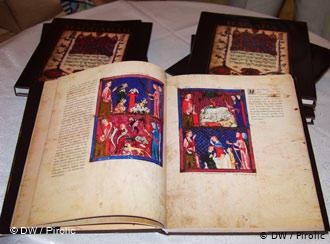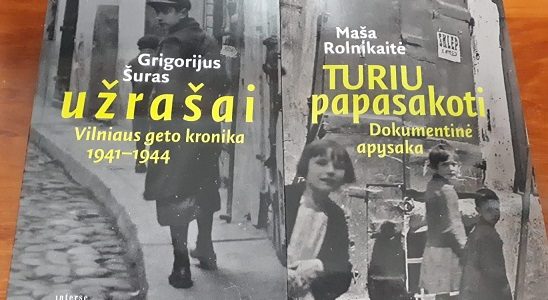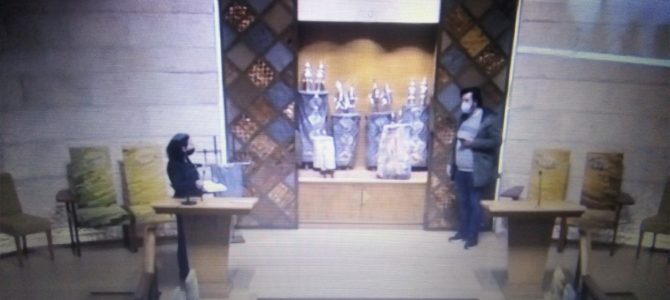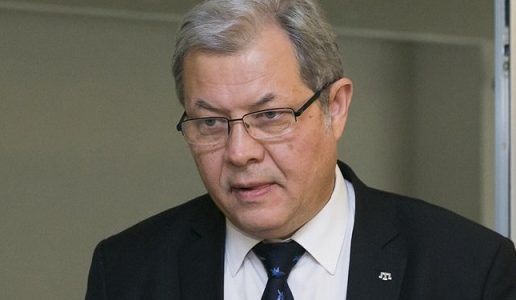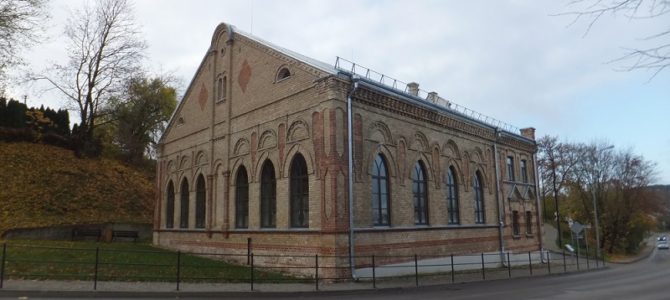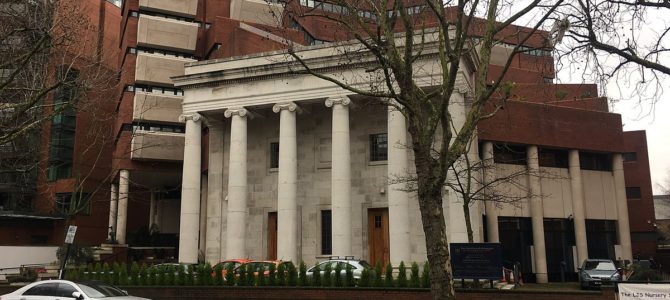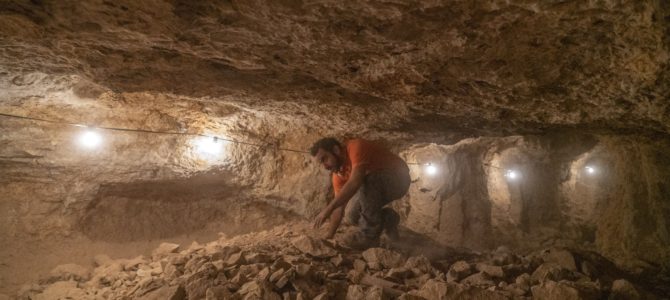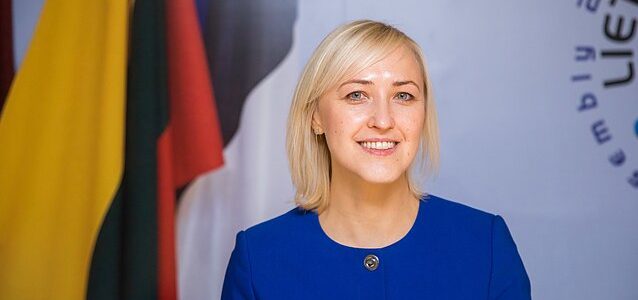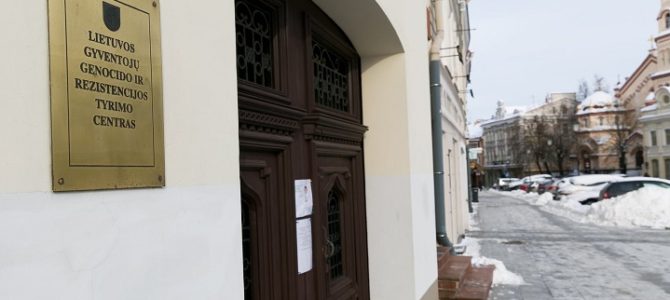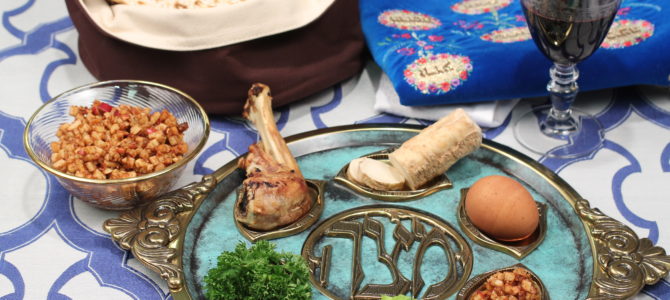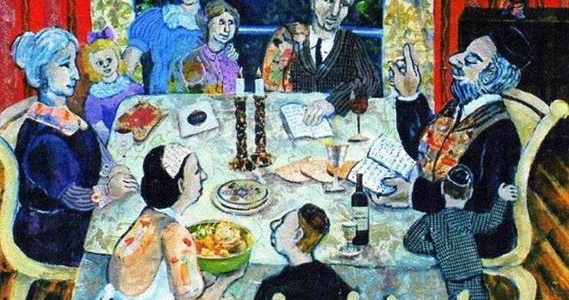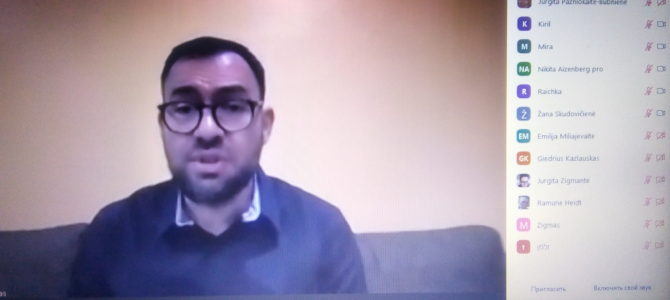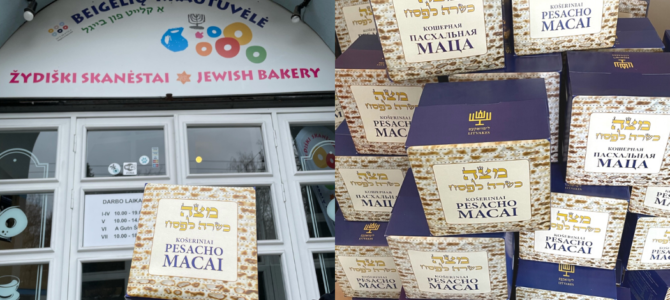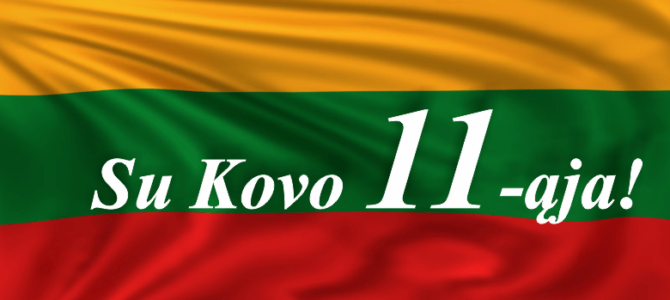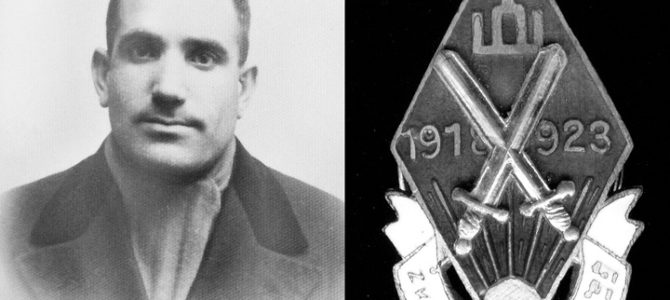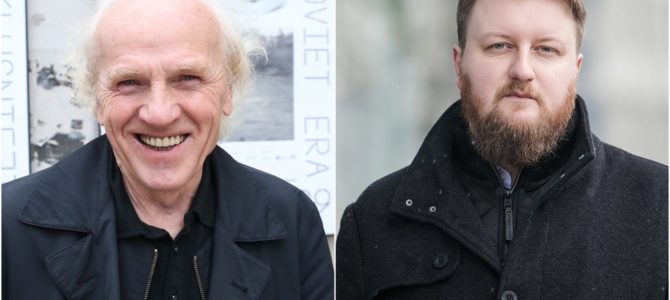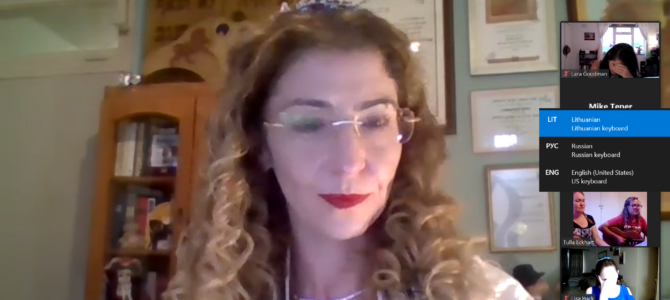Lrytas.lt
“On Friday the working group adopted a conclusion proposing the parliamentary leadership ask the parliament to consider whether Adas Jakubauskas is the appropriate person to hold the post of general director of the Center for the Study of the Genocide and Resistance of Residents of Lithuania,” working group director MP Radvilė Morkūnaitė-Mikulėnienė told BNS.
Six members voted in favor and one against this conclusion. Radvilė Morkūnaitė-Mikulėnienė said everyone was interested in seeing a strong Genocide Center which would operate smoothly and represent the interests of the Lithuanian state.
“… It has become clear A. Jakubauskas has not been successful in insuring the smooth operation of the institution,” she said. “The director of the Center has not been successful in solving arising problems in a constructive manner. The method of operation selected has only increased stress and conflict within the center he directs. Also, the constant public reports about the situation in the Center diminishes the exemplary reputation of this institution.”
Peasants Party MP Jonas Jarutis voted against the finding, saying he was disappointed other members of the working group had taken the easy way out.
Over a dozen historians and academics staged a protest Friday outside the Genocide Center in Vilnius. They said they wanted to show support for historian Mingailė Jurkutė who was terminated. She also took part in the protest. Protestors also said they wanted to bring attention to Center director Jakubauskas’s attempts to restrict freedom of speech and inquiry.
The leadership of parliament, that institution’s nominal board of directors composed of the heads of major factions there, could initiate Jakubauskas’s removal from the post of general director, as could a parliamentary committee, or a call by MPs with one-fifth voting for this.
Full story in Lithuanian here.
.




